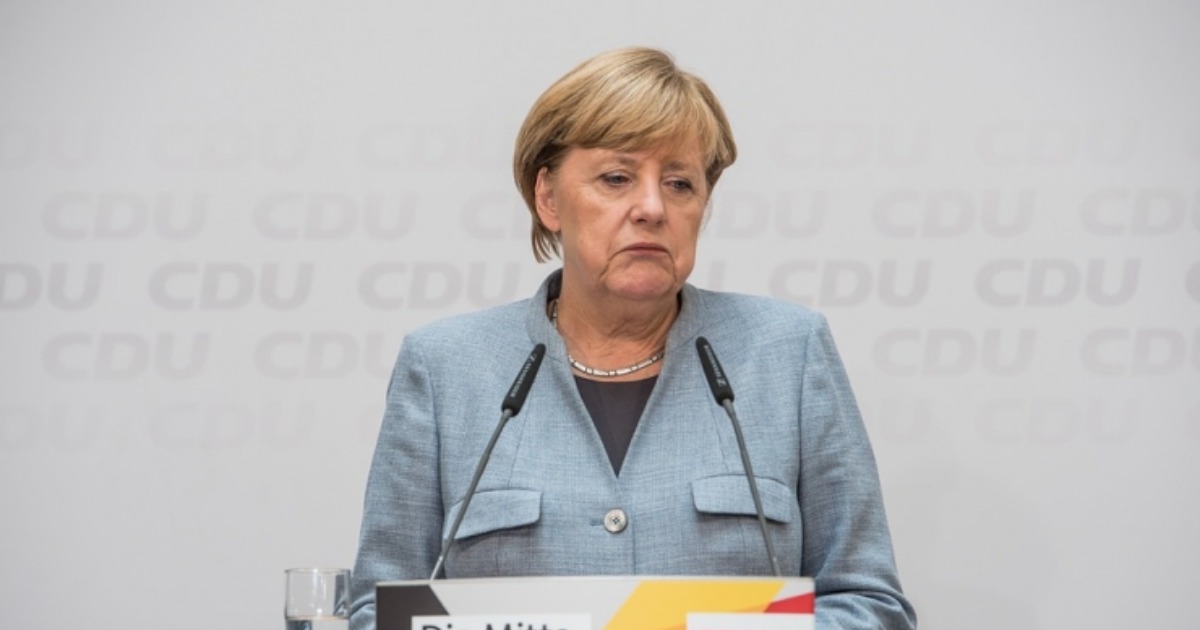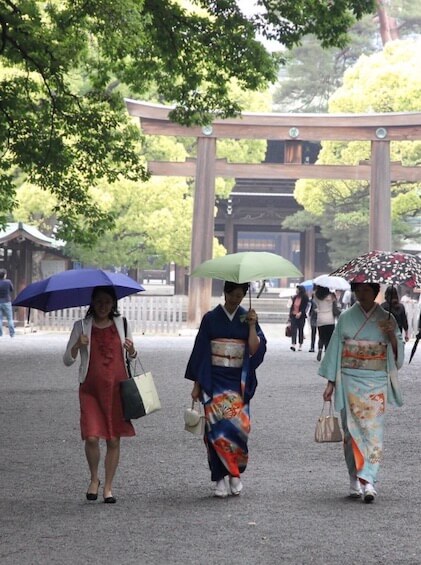Sankt Angela of Europe?
As the long-time German chancellor completes her last term in office, it isn’t just her own center-right party that is struggling at the polls.
September 20, 2021

In the early years of Angela Merkel’s chancellorship, the European People’s Party (EPP), the federation of center-right and Christian Democratic parties, were the masters of Europe.
Mrs. Merkel could look west to France, east to Poland or Hungary, south to Spain, north to Scandinavia – and saw EPP politicians in power in much of Europe.
Once upon a time
Center-right politicians also served as presidents of the European Commission, won many seats in the European Parliament, held key EU commissioner jobs.
Meanwhile, German EPP functionaries were secretaries general of the European Parliament and the European Commission. They all looked to their patron saint, Sankt Angela, as their guide and protector.
Faded glory
Now the EPP is a pitiful state. Its member parties are being replaced in power by social democratic, socialist and green parties on the left – as well as by ugly nationalist parties on the right.
The latter rule Poland and Hungary, are hostile to real journalism, women and all Europeans who are not white Christians.
Under those circumstances, it is not quite clear why Sankt Angela is being feted as a giant politician.
An evasion artist
Merkel has pretty much avoided all the big decisions, whether in Germany or in Europe, which implied reform or required new thinking.
In Germany, her immediate predecessor, Gerhard Schröder, did all the heavy lifting to reform the German labor market and inject a burst of life into German industry.
Riding the Schröder wave
Gerhard Schröder, not Angela Merkel, was the political force that resuscitated the German industrial export machine. He paid the price of losing power.
The lesson that Merkel took from Schröder’s courage was never to have any courage of her own. Hence Merkel’s motto: Never decide today what can be put off until tomorrow, or better still forever.
Methodical calmness
And that is the Merkel paradox. Compared to so many of her fellow leaders of the West since 2005, the ridiculous Sarkozy and Trump, the here today gone tomorrow Italian prime ministers, the stupid Cameron or totally self-absorbed Boris Johnson or forgettable EU presidents of the Commission and Council, Merkel’s unshowy, methodical calmness seemed impressive.
And yet, Merkel at all moments put her own political survival over the rising mountain of reform needs to be tackled in Germany.
Punting on most reforms
Germany needs reforms of its decadent banking system. It needs new infrastructure investment. The Covid pandemic has exposed how inefficient a system having 16 different state-level health ministries is.
On the global stage, Merkel has acted as the Putinversteher – someone who “understands Putin” — in chief.
Refusing to modernize
As soon as she arrived in office, Putin could smell the weakness in Berlin. Schröder had sent German troops to join with U.S. and British troops to stop the massacres by Serb nationalists in the West Balkans.
Merkel refused to modernize the German armed forces which drove successive U.S. presidents mad with frustration.
She was so unresponsive that we are now at the point that a Europhile democrat president, Joe Biden, says Europe has to stand on its own feet – a proposition Merkel always rejected.
China’s commercial attaché
She has put no pressure on China as Chinese mercantilism combined with a ruthless suppression of human rights.
The contemporary Chinese surveillance state fulfils all the hallmarks of the dark prescience of George Orwell’s 1984.
A lone decision on refugees
Even her best known and admired initiatives were fraught with contradictions. In 2015, she opened German borders to a million mainly male Muslim migrants from the Middle East fleeing Iraq, Afghanistan, Libya and Syria.
This was hailed as a saintly act of generosity. But Sankt Angela scarcely consulted with any European partner, especially the new still poor and politically fractious new nations of central and east Europe.
Enabler of the hard right
The opening of Germany and, by extension, of Europe to this mass of largely uneducated, male economic migrants had a big political effect far beyond Germany itself.
It provided the political lift-off that the rising nationalist, racist parties of the hard right like the AfD, UKIP, the Front National, Matteo Salvini’s Lega in Italy needed.
A scientist at work?
Merkel also responded emotionally to Japan’s Fukishima nuclear meltdown. Overnight, she determined that Germany should stop using nuclear power.
While this move also helped her win green voter support in her 2017 re-election campaign, this move also makes Germany that much more dependent on Russian gas.
A very self-serving politician
Merkel used the refugee crisis and Fukishima to her own political advantage. But she gave little thought to how the rest of Europe would react.
All of this may seem unfair. After all, a politician’s job is to get elected in his or her home territory – and Mrs. Merkel delivered.
A politician that leaves no legacy
But a great politician leaves legacy. In Merkel’s case, she strikes out on that important score.
The great contribution European Christian democracy made to rebuilding Europe after 1945 is now over.
The EPP, like the CDU inside Germany, is weak and unwanted. Europe is confused and without a compass.
Conclusion
There is much to admire about Angela Merkel. She is a wily survivalist who has left her party and wider European political family in a much poorer, sadder state than when she became Chancellor of Germany.
Takeaways
Merkel has avoided all the big decisions, whether in Germany or in Europe, which implied reform or required new thinking.
The lesson that Merkel took from Schröder’s courage was never to have any courage of her own.
Angela Merkel’s motto: Never decide today what can be put off until tomorrow, or better still forever.
Merkel put her own political survival over the rising mountain of reform needs to be tackled in Germany.
Merkel used the refugee crisis and Fukishima to her own political advantage. But she gave little thought to how the rest of Europe would react.
Merkel is a wily survivalist who has left her party and wider European political family in a much poorer, sadder state than when she became Chancellor of Germany.

